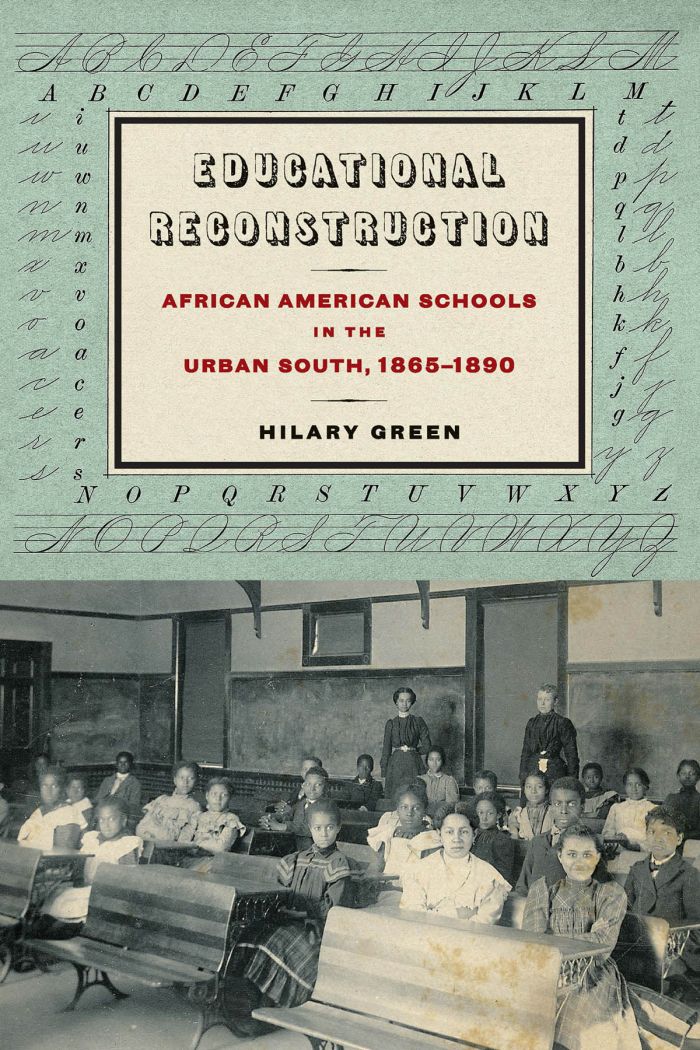Educational Reconstruction
African American Schools in the Urban South, 1865-1890

This book can be opened with

Tracing the first two decades of state-funded African American schools, Educational Reconstruction addresses the ways in which black Richmonders, black Mobilians, and their white allies created, developed, and sustained a system of African American schools following the Civil War.
Hilary Green proposes a new chronology in understanding postwar African American education, examining how urban African Americans demanded quality public schools from their new city and state partners. Revealing the significant gains made after the departure of the Freedmen’s Bureau, this study reevaluates African American higher education in terms of developing a cadre of public school educator-activists and highlights the centrality of urban African American protest in shaping educational decisions and policies in their respective cities and states.
“… A significant contribution to our understanding of the long Reconstruction era, and to the origins of Booker T. Washington's ascendancy.”——Mike Fitzgerald
Green, by providing so much detail, has given today’s urban schools activists a road map for change and perhaps the motivation to believe that their work will have a significant impact despite the naysayers and those who do not value the education of African American youth.—History of Education
Green’s revised chronology of Reconstruction and meticulously researched book increases our understanding of the postwar efforts made to advance African American education. It motivates readers to want to learn more on the subject and should be required reading of anyone interested in our American past, African American education, and how ordinary people can do extraordinary things even when given only the slimmest of chances.—History of Education Quarterly
By providing a municipal view of African Americans' roles in shaping southern public schools during and after political Reconstruction, Green sheds important light on the factors that determined the extent of educational progress.—The Journal of Southern History
During this twenty-five-year-period in the post–Civil War era, the credo that education was a right of citizenship informed African American activism. African Americans remained resilient and adaptable as they fostered networks and alliances. Educational Reconstruction is thus a timely reminder of the power of education to bring about individual, collective, and societal transformation.—Journal of the History of Childhood and Youth
In addition to her tenacious primary research, Green also distinguishes herself with her organized and accessible prose.—Journal of African American History

